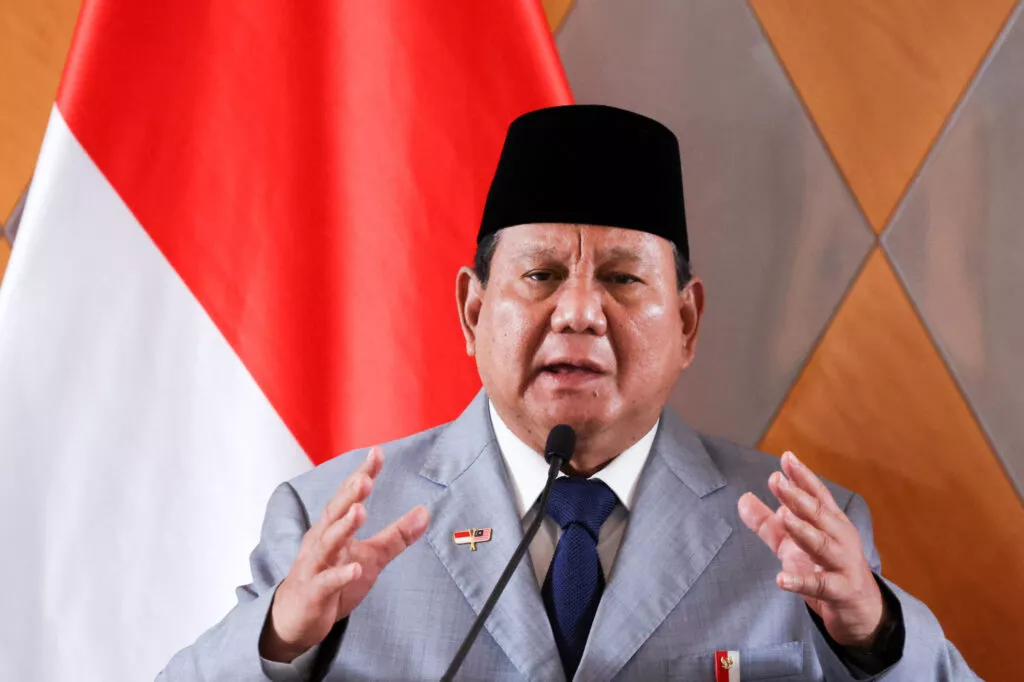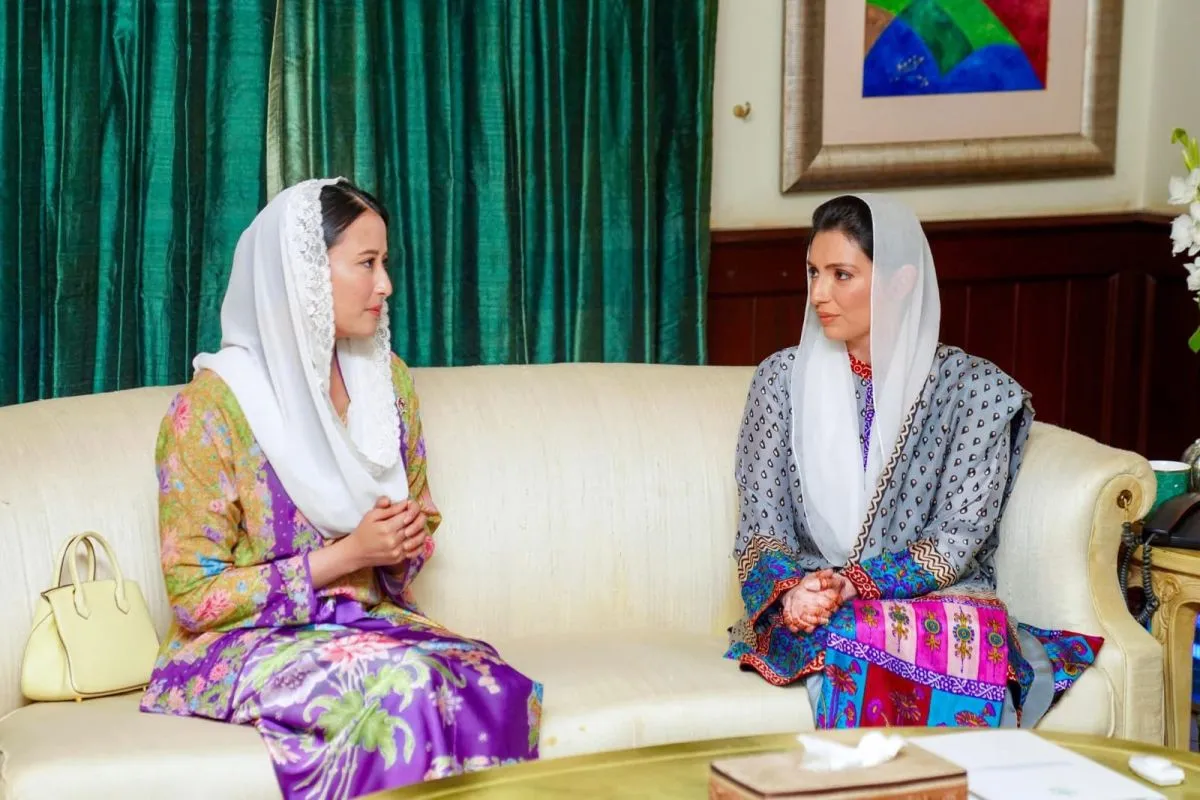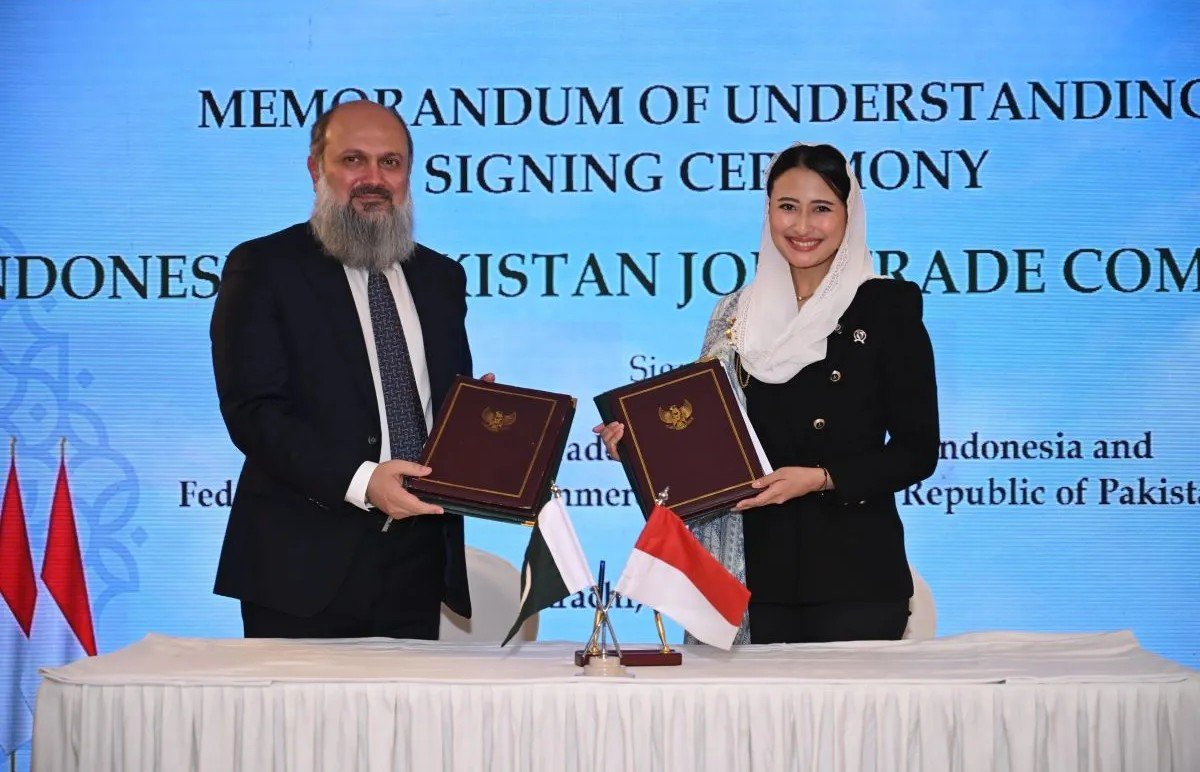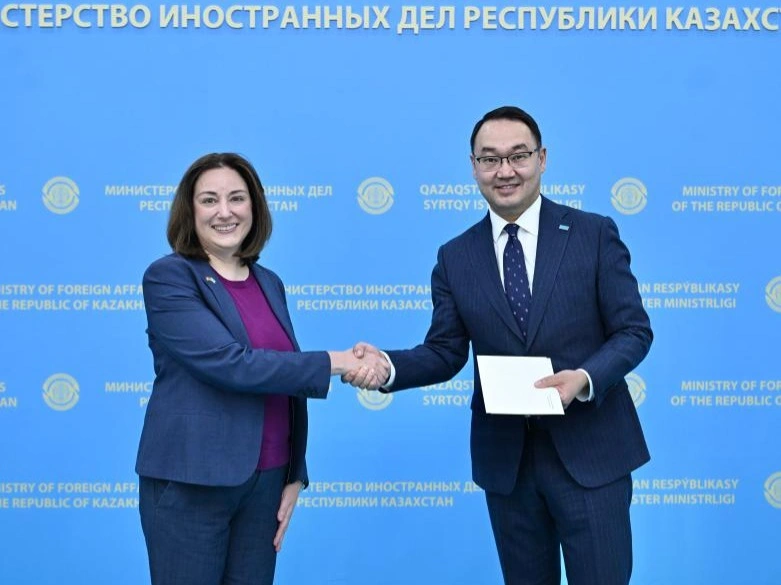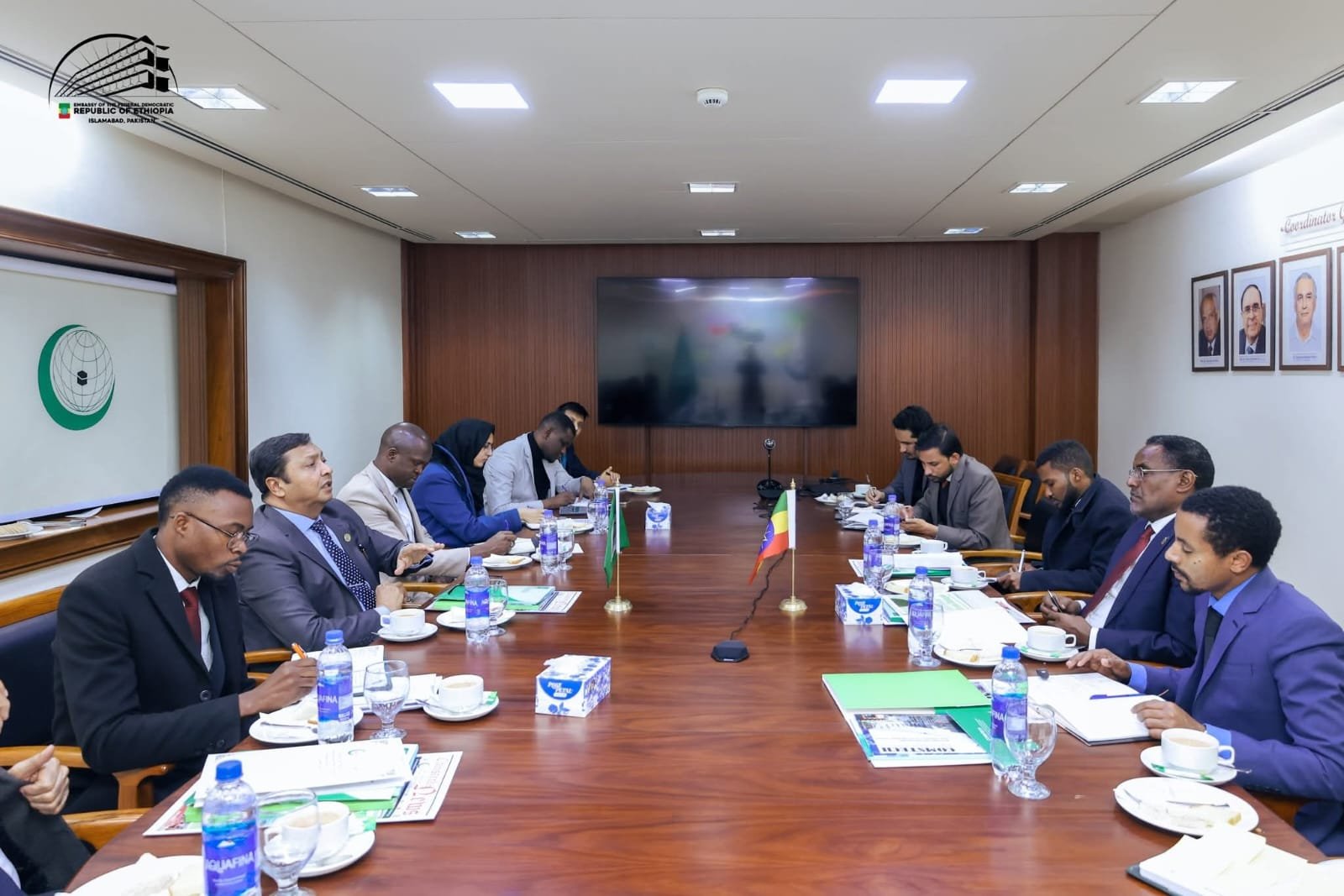Jakarta, May 4, 2025 – The Europe Today: Indonesia’s Chamber of Commerce and Industry (Kadin) is pushing for a preferential trade scheme with the United States aimed at reducing import tariffs on Indonesian garment products, with hopes of achieving rates as low as zero per cent.
Kadin Chairman Anindya Bakrie revealed on Saturday that the organisation had engaged in talks with the National Cotton Council (NCC) of America during a meeting with NCC Vice President Robbie Minch in Washington D.C. The discussions centred on a proposed trade arrangement where Indonesia would import processed cotton from the U.S. and, in turn, export finished garment products back to the American market.
“We are considering a deal in which we purchase U.S.-made processed cotton and re-export the finished garments to the U.S. We expect a lower tariff—zero per cent if possible—through this scheme,” Bakrie stated in a written remark.
In addition to presenting the proposal, Kadin called on the NCC to assist in lobbying the U.S. government, particularly the Office of the United States Trade Representative (USTR), to secure a favourable outcome. “This is to ensure the competitiveness of our garment companies,” Bakrie emphasized.
Despite rising competition from cotton producers in China and Brazil, Bakrie expressed optimism over the prospects of open cooperation with the NCC. “The meeting proceeded well. It was conducted under government supervision and focused on resolving tariff issues,” he said.
The initiative is part of a broader effort to enhance Indonesia’s export competitiveness in the U.S. market. With monthly exports to the United States already reaching approximately US$2 billion, Kadin views balanced and mutually beneficial trade as essential for boosting key export sectors, including garments, footwear, and electronics.
“We hope that using U.S.-made cotton will help reduce the tariff on our garment products, possibly nearing zero per cent, which will make our products more competitive in America,” Bakrie noted.
He also highlighted the socio-economic impact of such a scheme, underlining that millions of Indonesians depend on the garment and textile industry for their livelihoods. “This will not only support business growth but also benefit entrepreneurs and factory workers across the country,” he concluded.


